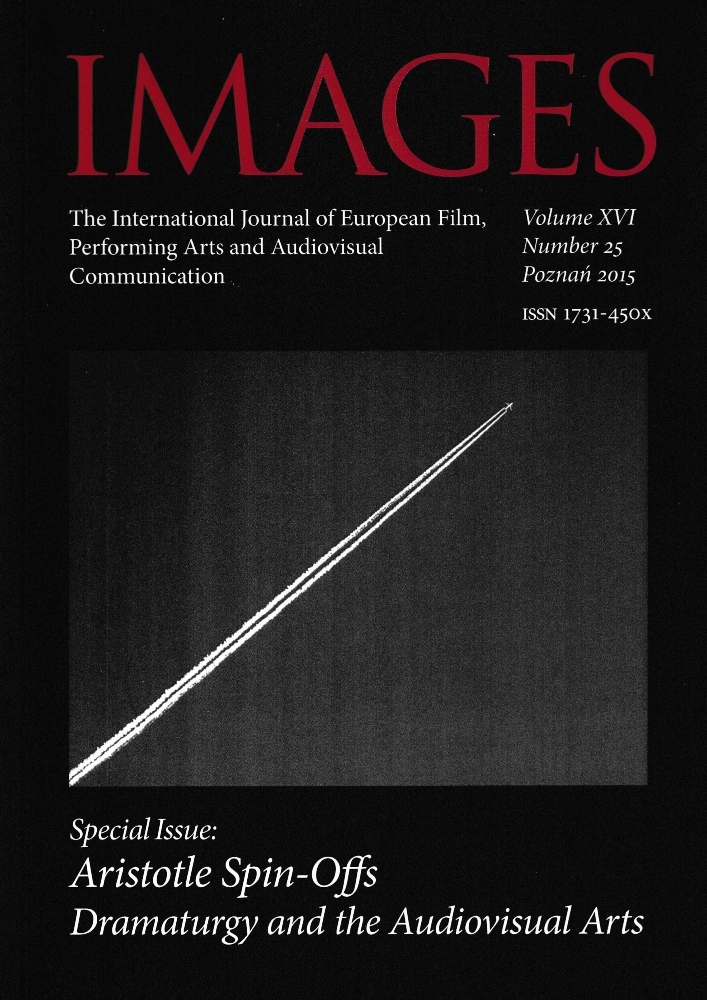Abstract
Poetics of the Happy Ending in Mike Leigh’s Films
While the most recent cinema is about surprising us with strange formal solutions, whose finale is intended to completely confuse and outsmart us, Mike Leigh makes fi lms which surprise us with their “typicality”, at the same time (paradoxically) leading to fi nales that we may not expect. Among researchers on melodrama, there are voices clearly assessing happy endings negatively. It is pointed out that a happy ending oft en looks as if it were “tacked on” and artifi cial, ignoring the overall plot rather than being integral to the rest of the fi lm. In the case of Mike Leigh’s films, the situation looks (ostensibly) similarly. Leigh oft en leads the viewer through the dramatic lives of his characters, and watches the process of families’ lives being ruined, one aft er another, only to finally make them rise like a phoenix from the ashes. It may be stated that Leigh’s fi lms in a somewhat artifi cial way take advantage of the happy ending. Th is artifi ciality, however, is not about a banal or ridiculous ending, but about one we have not been prepared for by the director.
References
Ray Carney and Leonard Quarto, The Films of Mike Leigh. Embracing the World, Cambridge 2000, p. 240.
A. Żurowski, Czytając Szekspira, Łódź 1996, pp. 269–271.
J. Kott, Szekspir współczesny 2, Kraków 1999, p. 58.
T. Sobolewski, Amatorzy w teatrze życia, Gazeta Wyborcza, 1997, no. 56, March 7, p. 15.
L. Kołakowski, Kultura i fetysze. Eseje, Warszawa 2009, pp. 139–140.
G. Watson, Th e cinema of Mike Leigh. A sense of the real, London 2004, p. 86.
H. Movshovitz (ed.), Mike Leigh: Interviews, Jackson 2000, pp. 82–83.
License
Copyright
© by Adam Mickiewicz University, Poznań, 2015
OPEN ACCESS
